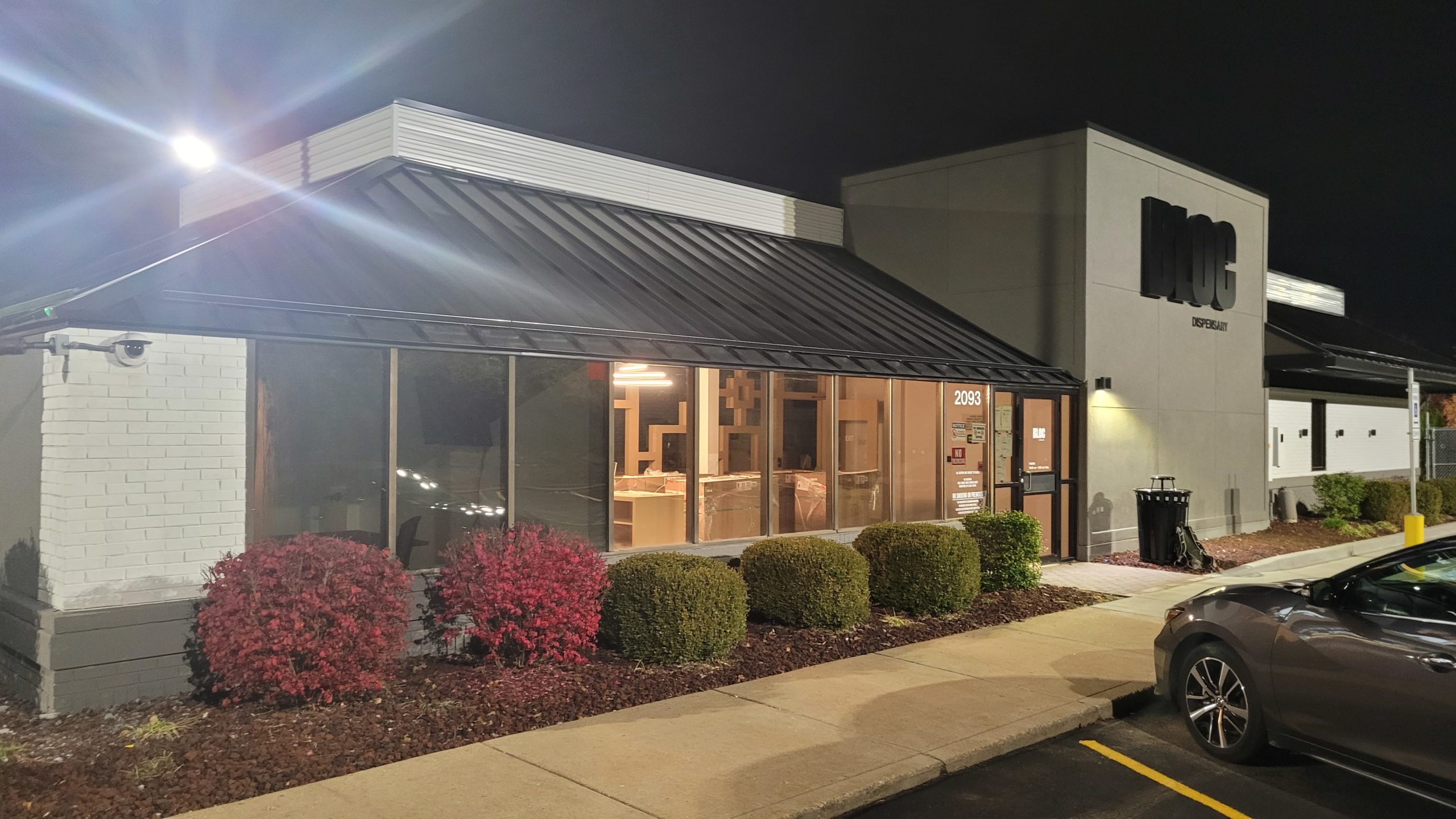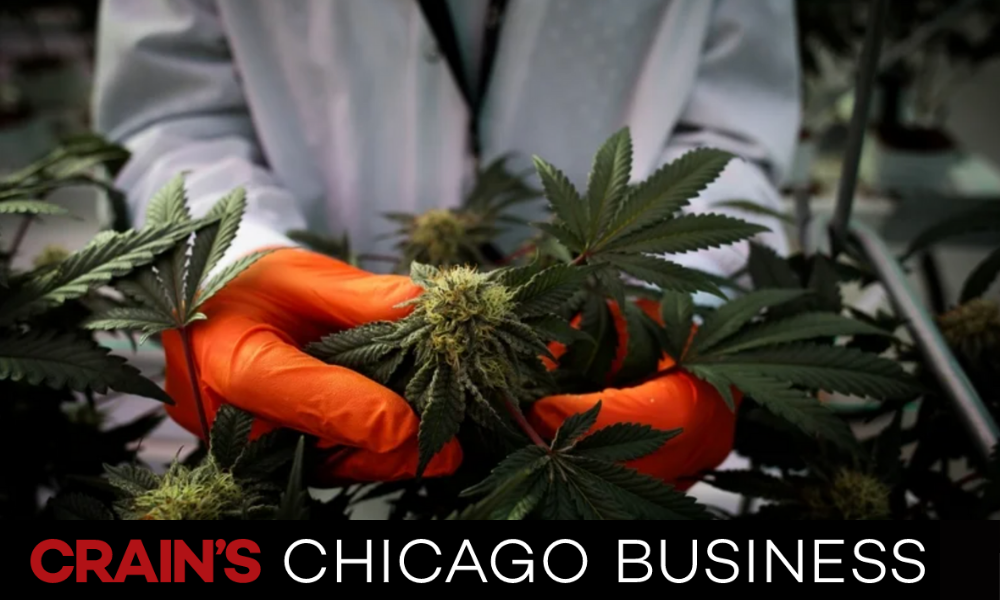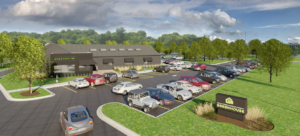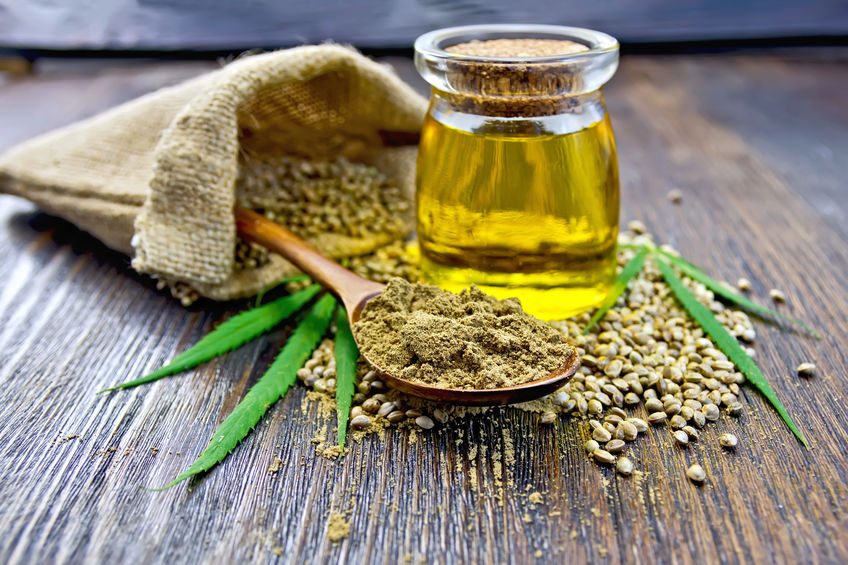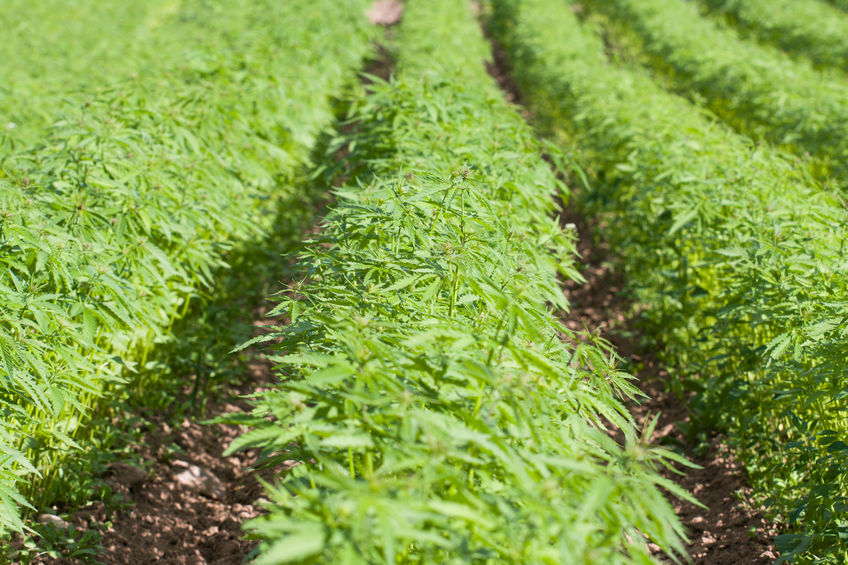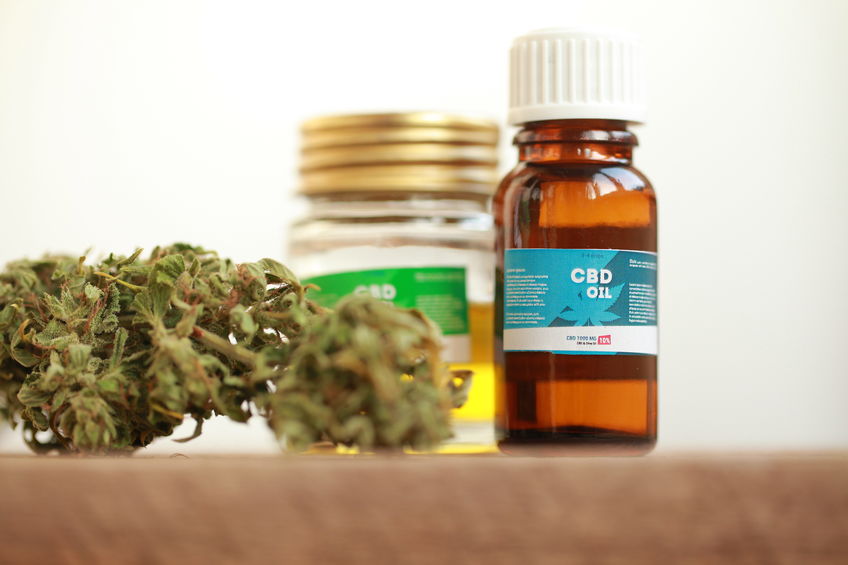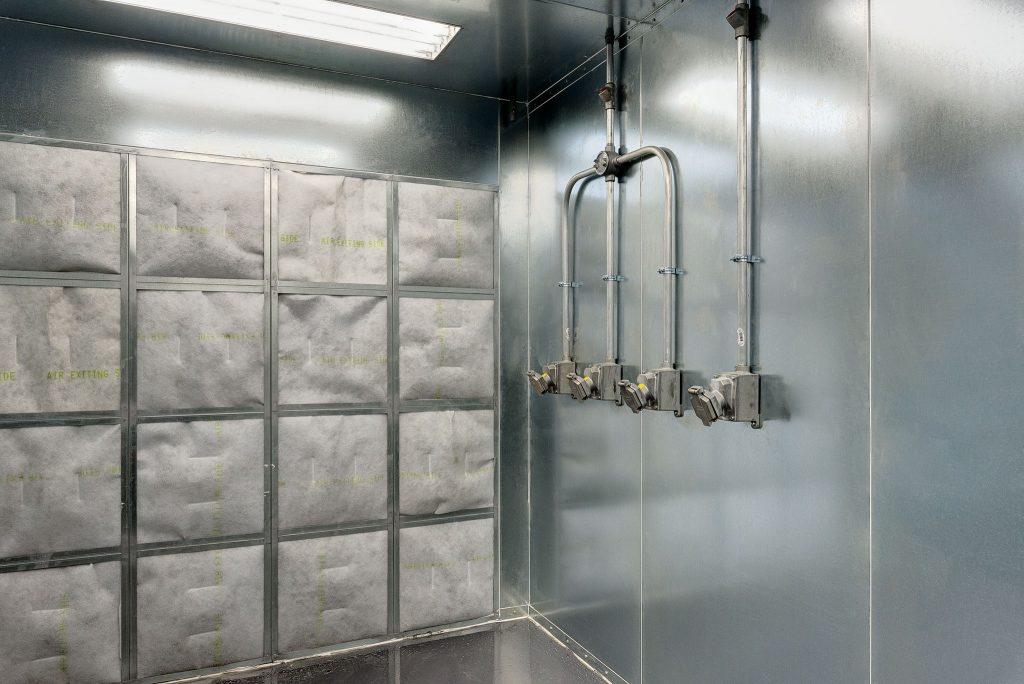Category: marijuana
CFC Completes Three New Design-Build Projects for Justice Cannabis Co. in Massachusetts, Michigan and Missouri
CHICAGO, IL (DECEMBER, 2021) – Cannabis Facility Construction (CFC), a national, full-service, cannabis design-build construction firm, is pleased to have completed construction on three new dispensaries for Justice Cannabis Co. in Massachusetts, Michigan and Missouri.
“We’re thrilled to partner with Justice Cannabis Co. to support their recent expansion, and partner with them on multiple new projects in Massachusetts, Michigan, and Missouri, in addition to our previous work together,” said Andy Poticha, Founder & CEO at Cannabis Facility Construction. “Our ability to provide speed to market and deep design-build expertise has proven essential for our clients to open quickly and correctly.”
These three latest Bloc Dispensary retail projects include a 3,000-square-foot recreational dispensary at 200 East Main Street in Benton Harbor, Michigan; a 4,200-square-foot recreational dispensary at 461 Wareham Street in Middleborough, Massachusetts, one-hour south of Boston; and a 3,700-sqare-foot medical dispensary at 2093 Smizer Station Road in Valley Park, Missouri, approximately 30 minutes outside of St. Louis. The Valley Park location in particular was previously a quick service restaurant with an existing drive-thru, making it appealing to convert and ensure traffic flow for speed of service and online order pickups, and to support a growing percentage of customers who prefer to order their cannabis online.
All three dispensaries feature custom millwork, decorative wood and glass product displays, brick accent walls, LED display monitors, a highly advanced security system and exterior black metal paneling to create a welcoming customer experience.
“It’s been a pleasure working with Cannabis Facility Construction,” said JC Clark Evans, Director of Construction. “They were able to come in mid-project, complete high quality work, and collaborate with us to find solutions to help us expand and grow our business.”
Cannabis Facility Construction has renovated, or is in the process of renovating, five facilities for Justice Cannabis Co. in Massachusetts, Michigan, Missouri as well as in New Jersey, including retail dispensaries and cultivation facilities.
Illinois created a cannabis industry mess. Here’s how to begin cleaning it up.
OPINION: Andy Poticha calls on state lawmakers to grant universal extensions to give new cannabis entrepreneurs, who are already under tight deadlines and facing pandemic-related supply chain shortages, more time, flexibility and the certainty to launch their business and leverage high quality resources. Poticha asks the state to make amends for its own delays and treat new cannabis entrepreneurs as the business partners they are, important future generators of significant tax revenue for Illinois and leaders in the cannabis industry.
Read more in Crain’s Chicago Business here (requires log-in) OR reach out to us at info@cannabisfacility.net, and we can share the full article with you.
Construction On Cannabis Dispensary Begins
Northbrook Patch | Jun 17, 2020 – Construction is underway on a new recreational and medical dispensary at 755 Skokie Blvd. in Northbrook. Cannabis Facility Construction, a national, full-service, cannabis design-build construction firm based in Northbrook, announced the news Tuesday. The facility will be run by Greenhouse Group LLC.
The Northbrook location will be a national flagship location for the brand, according to a press release. The site, offering nearly 10,000-square-feet of finished space, is the former home the Rehabilitation Institute of Chicago. The vacant Marathon Gas station at 430 Dundee Road will be consolidated into one lot.
“As their preferred design-build partner, CFC has delivered multiple dispensaries for Greenhouse over the past five years in various states across the country,” said Andy Poticha, principal at Cannabis Facility Construction, in the release. “We are now especially excited to have this opportunity to build their largest flagship location right here in our own backyard.”
Read more at Northbrook Patch
The Rise of Hemp: The Federally Legal Industry is Booming
The hemp-derived CBD industry is expected to reach $16 billion nationwide by 2025. The ground-breaking Agriculture Improvement Act of 2018 or Farm Bill removed low-THC cannabis and its derivatives from the Controlled Substances Act, opening the door for FDA-regulated products like CBD pharmaceuticals, food items, additives, and dietary supplements. Already, major retailers like CVS and Kroger are selling CBD products. Granted CBD products, including CBD-infused water, CBD-infused cosmetics and CBD-infused pet treats in the marketplace pre-dated the Farm Bill, those products can now be shipped across state lines and sold legally at the federal level. Here’s what you need to know about the rise of hemp in the U.S.
Hemp Vs. Marijuana
Hemp and marijuana look and smell nearly the same, but the similarities stop there. They derive from the same plant, cannabis sativa, but hemp contains less than .3% THC while marijuana has much higher levels. Hemp is now considered a federally legal agricultural product, and majijuana remains a DEA Schedule 1 drug, only legal in states with medical and adult use programs. In addition, hemp is regulated by the FDA and marijuana is not.
Hemp Facilities
Just like with marijuana, there are hemp cultivation facilities, processing centers, and retail businesses. The focus and capital investment has been on processing centers with businesses in Colorado City, Colorado and Janesville, Wisconsin leading the charge.
Colorado City has a population of under 3,000 but is home to Paragon Processing, the largest hemp-processing center in the United States. According to Westword, Paragon will produce a variety of hemp extractions through isolation and distillation techniques, projecting to produce one million pounds of hemp monthly. Industrial hemp production has the complete buy-in from Governor Jared Polis. “Governor Polis’s administration has pushed for looser regulations on hemp farmers and businesses in order for this state to maintain its top spot in the hemp industry,” adds Westword. “During a recent speech at a hemp and CBD industry conference, Polis said that hemp farming was part of his rural economic initiative, and that he’d like to raise Colorado’s current 62,000 acres allotted for hemp farming by 20 percent.”
Wisconsin’s young market already has as big player in Simply Solutions, a maker of natural personal care products, getting into the hemp game. Simply Solutions will be the area’s first-to- market commercial-sale processing facility with another distinction: a method that extracts almost 100% CBD oil content.
Per GazetteXtra, “Simply Solutions claims their extraction process is a cleaner and more efficient way to extract more CBD from hemp…Methods other producers use extract only 60% to 70% of the CBD, they said.That’s important, considering that some strains of hemp grown for CBD can net $2,500 to $75,000 an acre, according to New Frontier Data, a cannabis industry analyst.”
Sourcing hemp from reputable farmers is crucial for CBD purity, as many companies are extracting CBD from hemp plants not bred for CBD.
Licensing and Regulations
The Farm Bill gives states the authority to submit plans for licensure and regulations. According to the National Conference of State Legislatures, “A state plan must include certain requirements, such as keeping track of land, testing methods, and disposal of plants or products that exceed the allowed THC concentration…State policymakers have taken action to address various policy issues — the definition of hemp, licensure of growers, regulation and certification of seeds, state-wide commissions and legal protection of growers.”
Keeping Marijuana and Hemp Separated “Marijuana entrepreneurs who want to enter the federally legal CBD industry should consider starting a CBD business separate from the marijuana entity,” according to Marijuana Business Magazine. Though the Farm Bill has federally legalized the hemp industry, marijuana remains a Schedule 1 drug, and the main concern for businesses is extracting CBD that stays below .3% THC content. However, the same owner can have separate hemp and marijuana businesses.
The same article reported that Fairwinds, located in Washington state, faced a dilemma, desiring to enter the hemp space. The company’s products include tinctures, capsules, and topicals derived from a cannabis strain with CBD-dominant ratios, but with THC content above the limit. “The solution wasn’t simply removing THC from the products, because that would make them less effective. Rather, in anticipation of hemp legalization, Fairwinds CEO James Hull and his team spent more than a year finding new cannabinoids that could replace THC in formulations that would be federally legal while still an effective treatment.”
In the spirit and best practice of keeping the businesses separate, Hull ultimately created a new entity called Fairwinds CBD.
Less Oil Means More Plants
Another significant difference between hemp and marijuana is hemp’s lower oil content, which means that business owners must process more of the crop for an adequate CBD oil yield. Marijuana Business Magazine interviewed Craig Henderson, CEO of Extract Labs, a Boulder, Colorado-based extraction firm and CBD products manufacturer, who says hemp processing facilities will need larger extraction machines. “He [Henderson] estimated that a large marijuana company processes 100-300 pounds of cannabis per week, whereas large hemp companies process 2,000-10,000 pounds of the plant each week.”
In addition to larger equipment, business owners will need more employees and more space to handle the volume of product and extraction needs of hemp. “I think it’ll take people a couple months to figure out what they want to do and how they’re going to create businesses, and hopefully, maybe by June, we’ll see a huge spike in interest,” adds Henderson.
Proceed with Caution
The FDA remains the be all and end all governing body when it comes to regulating hemp. Hemp-derived CBD companies must be judicious about their product descriptions, especially information on potential health benefits. Moreover, the FDA has not given CBD as a food additive the designation of Generally Regarded as Safe.
